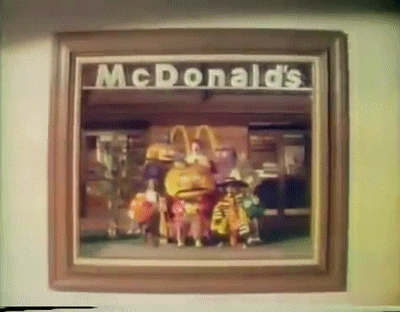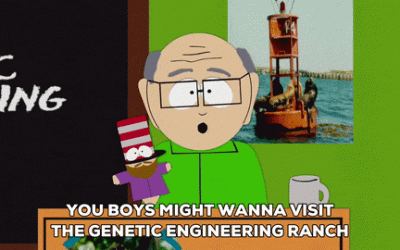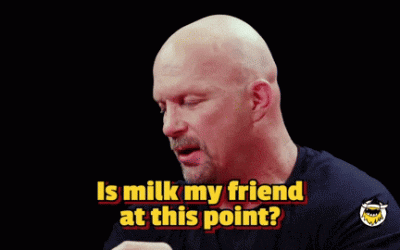McDonald’s is partnering with ag giants to serve up a combo meal that’ll be irresistible to farmers, consumers, and the environment.
Climate-friendly beef: In a move sure to make even the Hamburgler smile, McDonald’s has partnered with Lopez Foods, a meat supplier, and Syngenta to lessen the climate impact of their main moolah maker: hamburgers.
What’s the plan? Lopez Foods will incentivize cattle ranchers to feed their herds Sygenta’s Enogen® corn, McDonald’s will buy the beef, and you’ll get served a Big Mac with extra special sauce and fewer CO2 emissions.
What’s so great about Enogen® corn? It contains a vigorous amylase enzyme that quickly converts starch to usable sugars. Able to be used for both grain and silage, it provides more readily available energy to beef and dairy cattle, and can improve feed efficiency in cattle by about 5%.
Five percent may not sound super impressive on the surface, but if you start doing the math, that efficiency boost can translate into major savings on inputs and a drastic drop in carbon emissions.
In fact, the lower use of water, land, and energy resources across a production system that utilizes an Enogen® ration in only 1K head of beef cattle, there could be a potential savings of:
- 196 tons of carbon emissions
- 69 acres of land used for growing feed
- 6 million gallons of water
- 231K kilowatt-hours of energy
That’s like the McDonald’s app savings on steroids.
Where this goes: Once implemented, producers who sign onto the ration will get a premium for each head of cattle. Harvests of Enogen® corn for the program will start in 2025 and will be fed in 2026. The first payouts are scheduled for 2027.
Making Insecticides Work Again
Insecticides have been a linchpin of crop production for hundreds of years. But nothing lasts...
A Speed Bump for Genetically Engineered Plants
Genetically engineering plants just got a little harder. California girls judges, they’re...
Milk Meets Microscopes: USDA’s Mandatory Testing
It’s (bird) flu and cold season. And the U.S. is taking it seriously. Cows in quarantine: You may...




